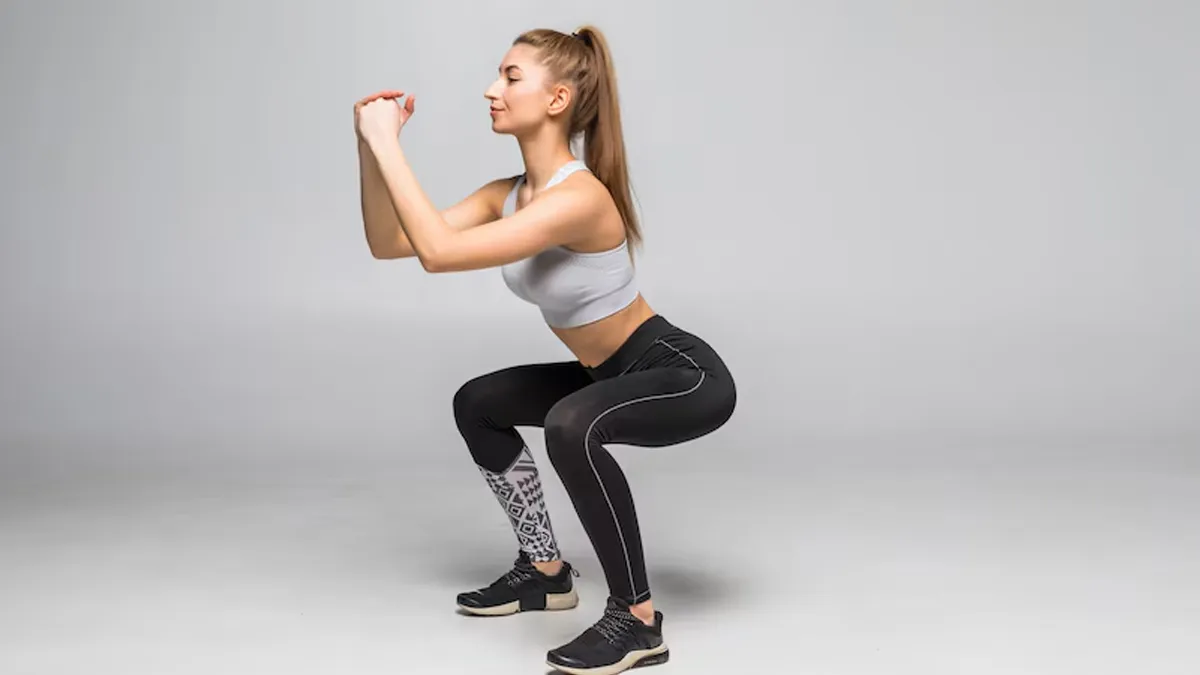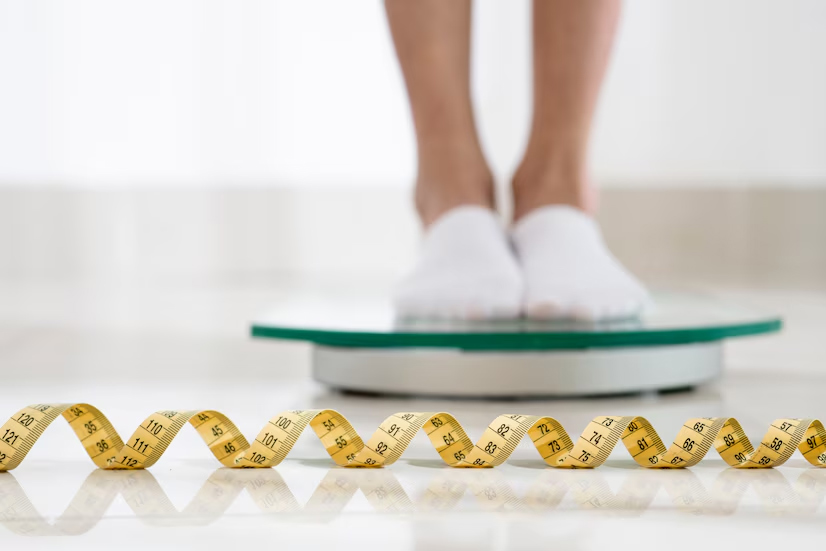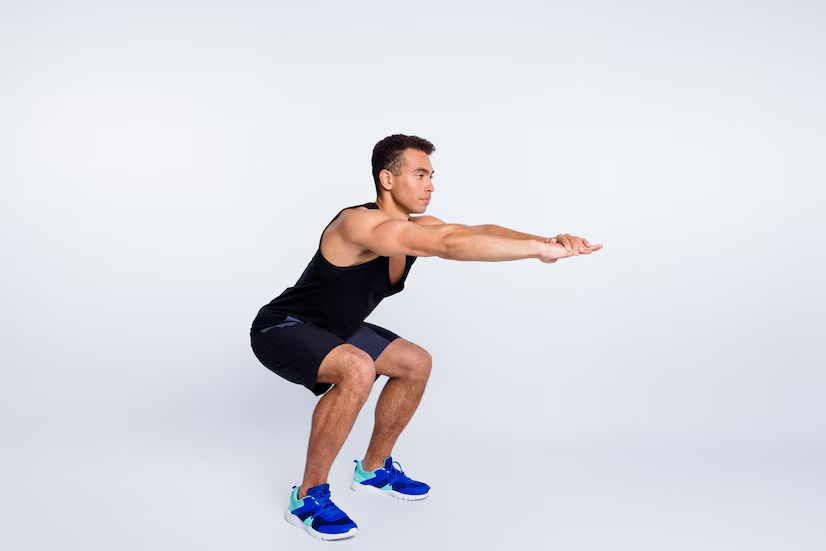
When it comes to exercises that pack a punch, few can rival the humble squat. This simple yet effective movement engages multiple muscle groups, improves overall fitness, and contributes to long-term health benefits. Whether you’re a fitness enthusiast or a beginner, incorporating a set or two of squats into your daily routine can transform your physical health.
A Full-Body Workout
Squats are often associated with building lower-body strength, but they’re much more than just a leg exercise. Squats engage the quadriceps, hamstrings, glutes, and calves, while also involving core muscles to maintain stability. When performed with proper technique, squats enhance your balance, posture, and coordination. Over time, this functional movement translates into improved performance in daily activities such as lifting, walking, or climbing stairs.
Enhancing Cardiovascular Health

While squats primarily build strength, they can also improve cardiovascular fitness when done at a higher intensity. A study found that compound exercises like squats significantly increase heart rate, leading to better heart health over time. Incorporating squats into a circuit-style workout can further amplify their cardiovascular benefits.
Also read: Possible Reasons You're Struggling To Perform Proper Squats
Boosting Bone Health
Weight-bearing exercises like squats play a critical role in maintaining bone density, especially as we age. According to a study in Journal of Bone Metabolism, resistance exercises, including squats, stimulate bone growth and reduce the risk of osteoporosis. For those aiming to strengthen their skeletal system, daily squats provide an excellent starting point.
Promoting Weight Loss

Squats are a calorie-burning powerhouse. Since they activate large muscle groups, they require a significant amount of energy, which can help with fat loss. Additionally, the muscle mass gained from regular squatting increases your resting metabolic rate, meaning you burn more calories even while at rest.
Also read: 3 Types Of Squats That One Must Do For Lean Legs
Improving Mobility and Flexibility
Tight hips, stiff knees, and a lack of flexibility are common complaints, especially for individuals with sedentary lifestyles. Squats encourage greater range of motion in your hips and knees, improving flexibility over time. Daily squats can also counteract the adverse effects of prolonged sitting, helping to loosen up the muscles around the hips and lower back.
Research published in the Journal of Sports Science and Medicine demonstrated that squats activate the gluteus maximus and quadriceps more effectively than other lower-body exercises. This makes them ideal for building strength and improving athletic performance.
Mental and Emotional Benefits
Exercise releases endorphins, the body’s feel-good hormones, and squats are no exception. Incorporating squats into your routine can reduce stress, boost your mood, and enhance mental focus. The sense of accomplishment from completing a set of squats also builds discipline and confidence.
Tips for Getting Started

- Begin with bodyweight squats to master the proper form.
- Gradually add resistance using dumbbells or a barbell as you progress.
- Aim for 2–3 sets of 10–15 repetitions daily, focusing on quality over quantity.
- Maintain proper alignment: keep your back straight, knees aligned with your toes, and engage your core throughout the movement.
Conclusion
Incorporating a set or two of squats daily is a small commitment with significant payoffs. From enhancing strength and flexibility to improving heart health and boosting mental well-being, the benefits of this versatile exercise are undeniable. With consistency and proper form, squats can become the cornerstone of a healthier, more active lifestyle.
Also watch this video
How we keep this article up to date:
We work with experts and keep a close eye on the latest in health and wellness. Whenever there is a new research or helpful information, we update our articles with accurate and useful advice.
Current Version